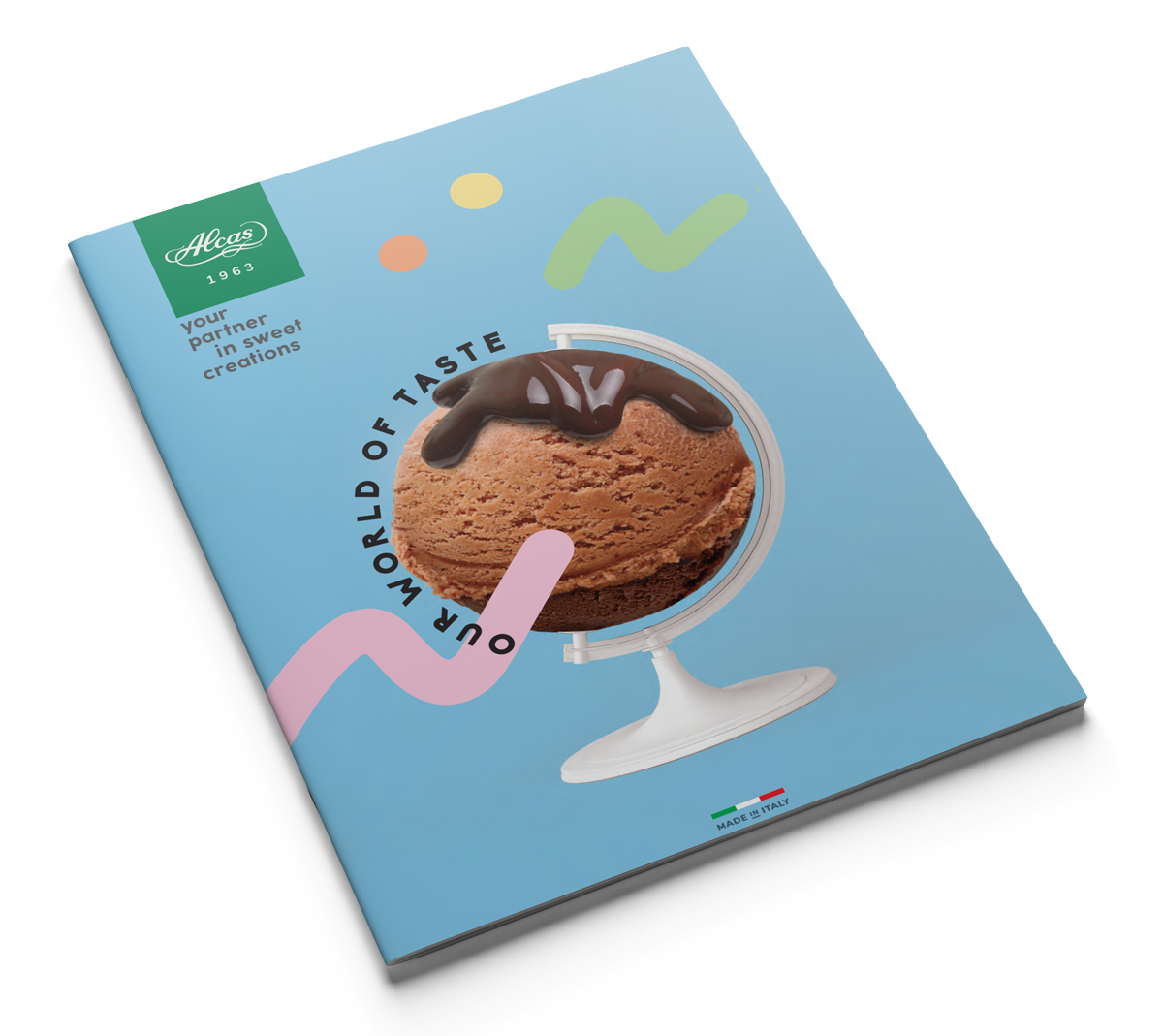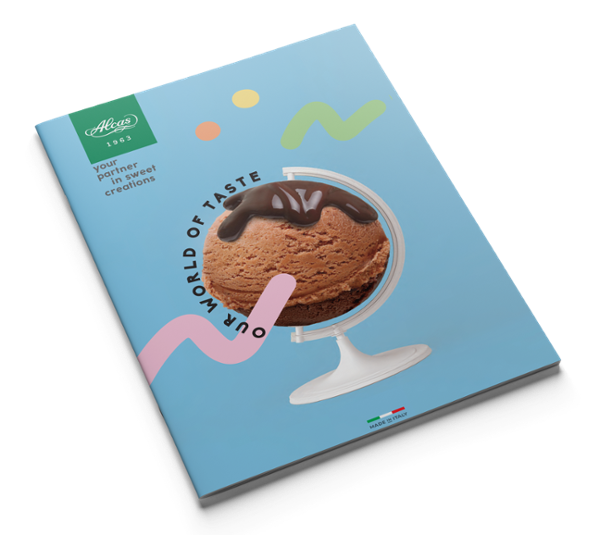
BioHappy is Alcas' the first line of environmental friendly products for gelato shops and pastry shops. They are made of bio-plastic coming from corn. This material is very innovative and more ecological than paper, more transparent than glass and as flexible and resistant as plastic. Businesses should not only concern themselves about competition and profit, but also how their businesses affect the environment. Biodegradable products contribute to control pollution, compostability, fuel deficiency and many more. Read more to learn how Alcas biodegradable items help the environment.
What are biodegradable products?
Biodegradable products, through the action of biological organisms, are broken down into smaller components over time. Paper and textile are good examples of this, but not the traditional plastics. The modern plastics made from corn and other plant bases are sure to be biodegradable.
RELATED: Product Spotlight - Biodegradable Items
1. fuel efficiency
According to Elizabeth Royte from Smithsonian magazine, the use of polylactic acid biodegradable plastics helps save oil. The actual production uses energy that is 65% less compared to produced petroleum-based plastics. These products use renewable resources like sugar cane, potato and corn starch instead of oil. If the use of biodegradable is used, 200,000 barrels of oil used in manufacturing plastic packaging would then be minimized.
2.less POLLUTION
Elizabeth Royte also added that the manufacture of biodegradable products creates less pollution to the environment. The process of breaking down into smaller components guarantees that there is no release of dangerous chemical leachate, the toxic chemical that can poison the water and pollute the air. According to the Food Service Warehouse, the manufacture of biodegradable products produces 68% less greenhouse gases compared to petroleum-based plastics.
There might be some disadvantages though. According to Food Service Warehouse, these resources (corn and other plants) are genetically modified crops that can possibly cause erosion. In response, Eric Lombardi (president of the Grassroots Recycling Network) in Smithsonian Magazine reminded everyone to not disregard the good in the pursuit of the perfect.
3. COMPOSTABILITY
Composting biodegradable products, together with the traditional paper packages, as well as food, yard and agricultural wastes can be helpful in growing plants. They can be a good source of nutrients to make one’s crops healthier. With this, there will be a smaller need for fertilizers and pesticides, said by Ramani Narayan of the Biotechnology Institute and Michigan State University in his paper presented to the Third International Scientific Workshop on Biodegradable Plastics and Plymers.
Today, the composting biodegradable plastics are only done in commercial composting facilities since the process requires high composting temperatures, but the paper and textile items can be composted in your backyard’s compost bin. No worries because the number of composting facilities for plastics is increasing today among states and municipalities in order to realize the goal of keeping the environment clean.
Alcas aims to lend a hand in realizing that goal by utilizing biodegradable products that are safe to use and benefit the environment.
Download our FULL 2017 catalog:




